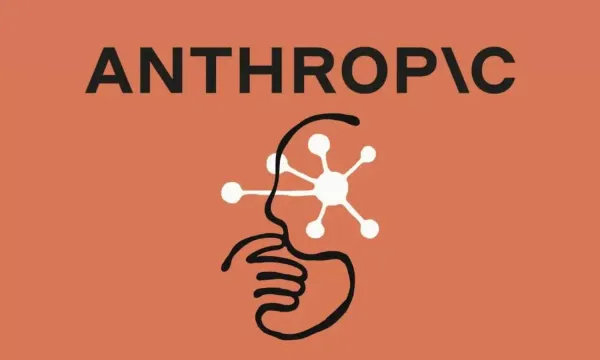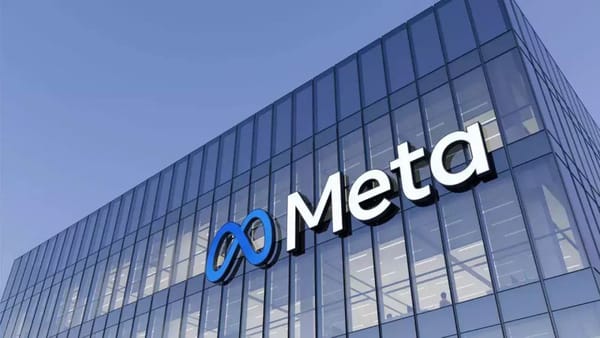Microsoft Launches MatterGen in Azure AI Foundry to Accelerate Materials Discovery
The model was trained on high-quality, open scientific datasets including the Materials Project and the Alexandria database.

Microsoft has unveiled MatterGen, a pioneering AI model now available through Azure AI Foundry Labs, to help scientists generate novel inorganic materials at the atomic scale. Originally introduced earlier this year in Nature, MatterGen marks a leap forward in computational materials science.
According to Microsoft, traditional materials discovery is notoriously slow, often relying on costly trial-and-error experiments. MatterGen seeks to shortcut that process by using a generative diffusion model to propose candidate structures for inorganic compounds, either through unconstrained generation or guided by desired properties such as band gap, bulk modulus, or magnetic density.
The model was trained on high-quality, open scientific datasets including the Materials Project and the Alexandria database. It has already demonstrated promising capabilities for generating stable and unique material candidates, even in property regimes with sparse prior data.
Researchers can access MatterGen in Azure AI Foundry Labs on a research basis, enabling experimentation, exploration, and early R&D workflows. Microsoft also provides access to the open-source code via a GitHub repository, promoting transparency and collaboration with the scientific community.
By enabling rapid prototyping of atomic structures tailored to specification, MatterGen has the potential to accelerate innovation across sectors — from energy storage and electronics to advanced manufacturing. Researchers and developers are encouraged to try the tool via the Foundry Catalog and contribute to the evolution of AI-driven materials science.




